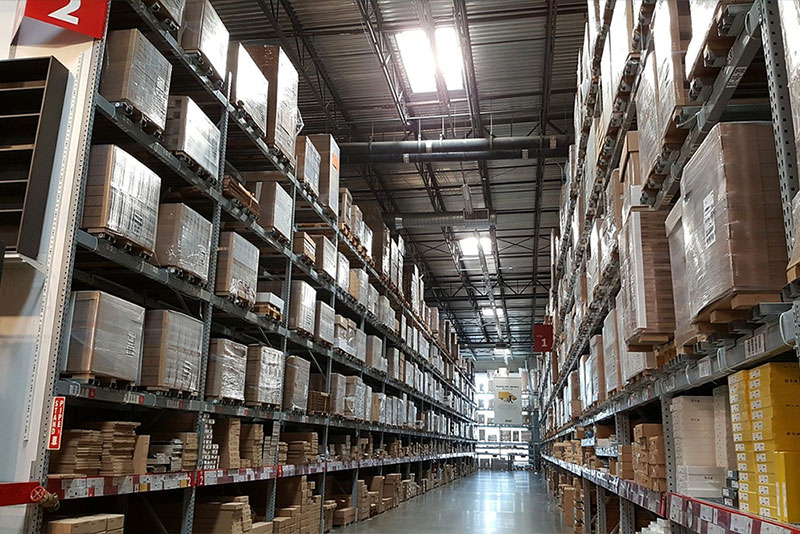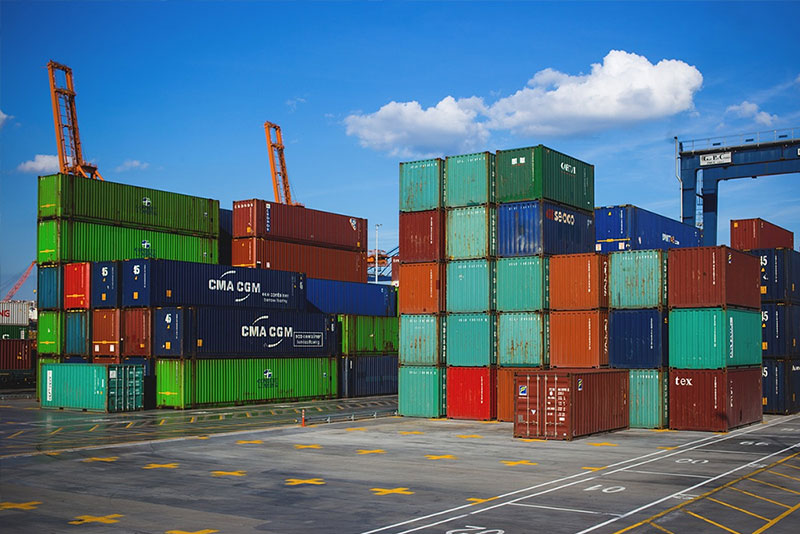When considering options for storing temperature-sensitive goods, the question often arises: Can I store temperature-sensitive goods in US overseas warehouses? This concern is crucial for businesses looking to expand their operations internationally while maintaining the integrity of their products.

US overseas warehouses offer a viable solution for many businesses seeking to streamline their supply chain and reach global markets efficiently. However, the ability to store temperature-sensitive goods depends largely on the infrastructure and capabilities of the specific warehouse.
Before making a decision, it's essential to assess several key factors:
1. Warehouse Facilities: Not all overseas warehouses are equipped with facilities to maintain specific temperature ranges required by sensitive goods. Some warehouses may offer climate-controlled storage options, while others may not have the necessary infrastructure.

2. Climate Conditions: The geographical location of the warehouse plays a significant role. Warehouses in regions with extreme temperatures or high humidity levels may pose challenges for storing temperature-sensitive items unless appropriate climate control measures are in place.

3. Logistics and Transportation: Efficient logistics are critical for maintaining the quality of temperature-sensitive goods during transportation from the point of origin to the overseas warehouse and eventually to the end customer. Reliable cold chain logistics are essential to prevent exposure to unfavorable conditions.
4. Compliance and Regulations: International regulations regarding the storage and transportation of temperature-sensitive goods vary. It's crucial to ensure that the chosen warehouse complies with local and international regulations to avoid legal issues and ensure product safety.
Businesses should partner with overseas warehouses that specialize in handling temperature-sensitive goods or have a proven track record in maintaining product quality throughout the supply chain.
In conclusion, while US overseas warehouses can provide strategic advantages for businesses expanding globally, the feasibility of storing temperature-sensitive goods depends on various factors such as warehouse facilities, climate conditions, logistics capabilities, and regulatory compliance.